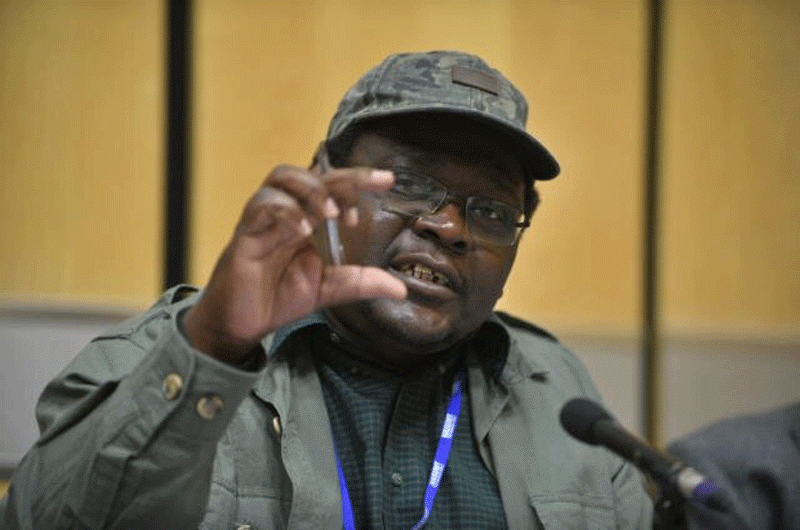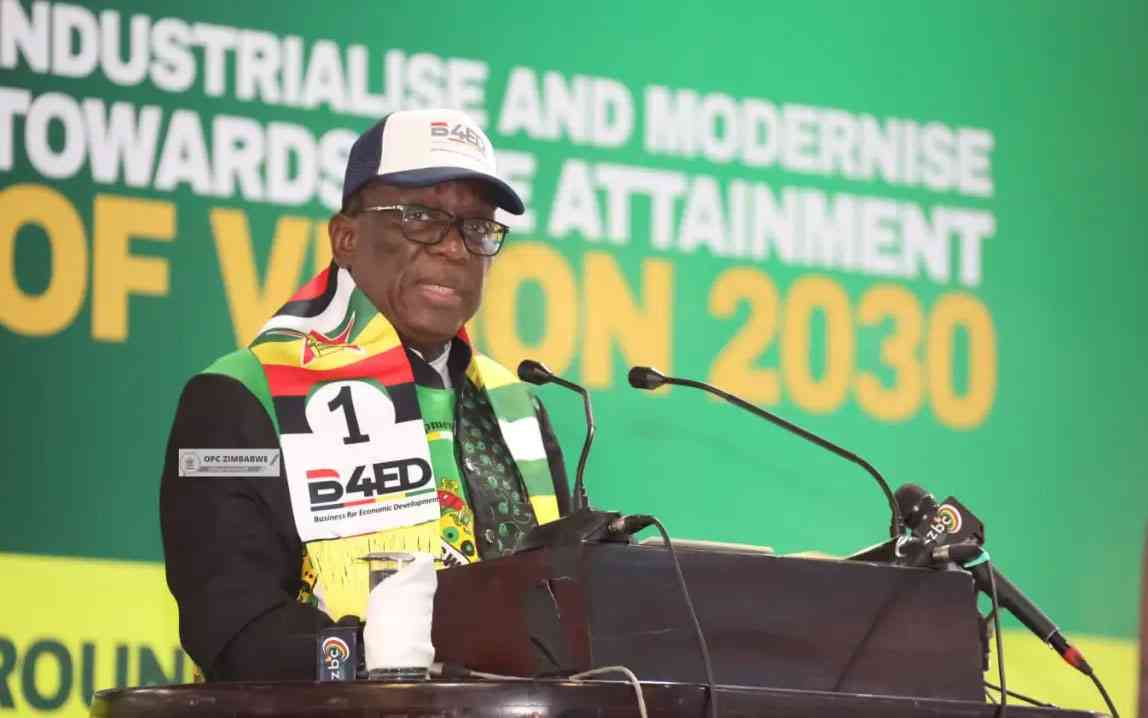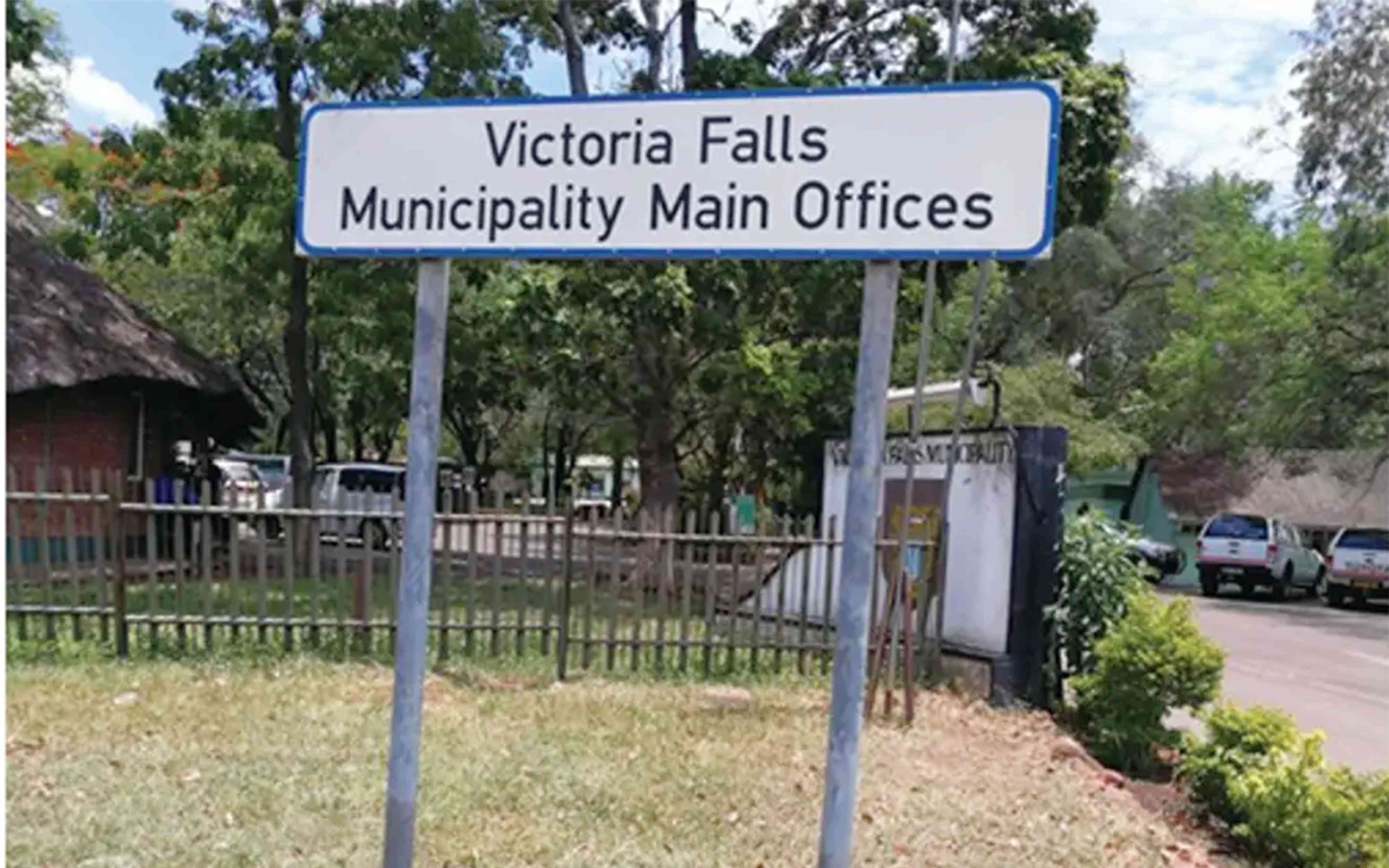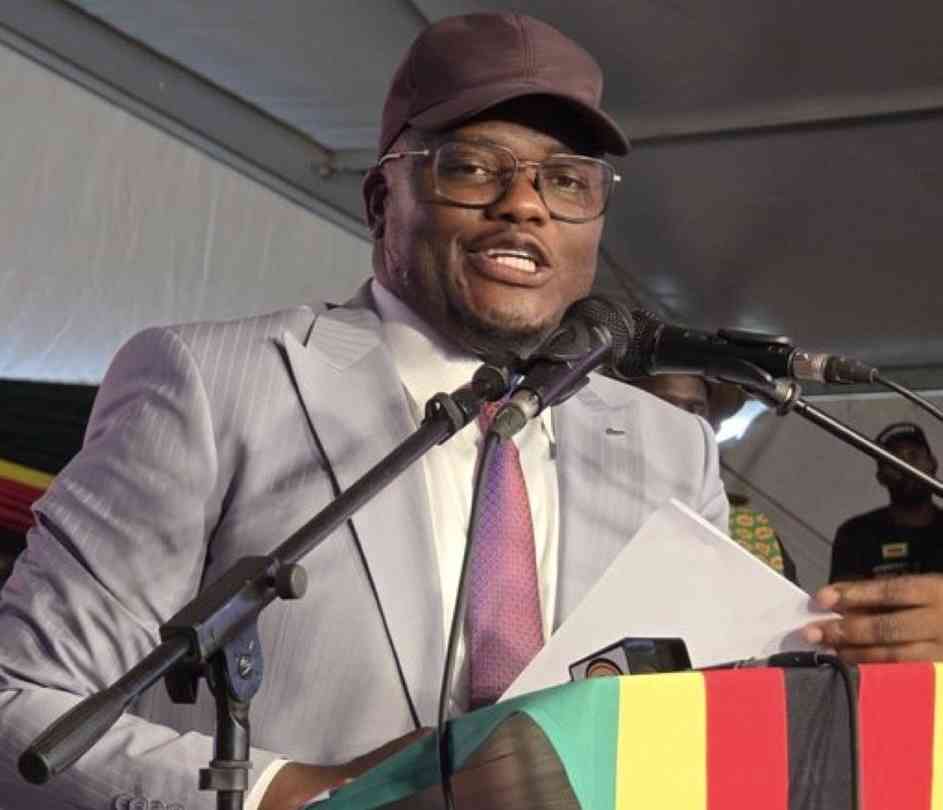
PARENTS of students in public schools are livid over “exorbitant” fees charged by some teachers to mark Continuous Assessment Learning Areas (Calas) scripts.
Calas are various learning activities or assessments that require students to conduct detailed research-based activities in areas where they incorporate practical activities such as data collection through interviews, questionnaires, checklists, observations, and experiments.
Continuous assessment in primary and secondary education is a programme being implemented by many countries across the world to produce solution-oriented students but a myriad of challenges has marred its implementation in Zimbabwe.
Teachers complain that the initiative was haphazardly introduced into the curriculum without proper consultation, thereby derailing the smooth flow of the process in schools. To further compound the challenges already plaguing the application of the programme in schools, parents are up in arms with some teachers who they accuse of charging “outrageous amounts”.
According to the Zimbabwe Examinations Council (Zimsec), every student is mandated to complete five Calas over two years and scenarios for the research-based activities are crafted, assessed, and marked by teachers. To augment their poor salaries, some teachers are charging between US$5 and US$15 per Cala per student.
A teacher at a primary school in Goromonzi district is reportedly charging US$5 per Cala implying that she will pocket US$25 per subject which translates to US$300 for the six subjects done at primary level.
Over the two-year period, the teacher can rake in US$46 750 assuming she teaches a class of 45 students.
Tuition fees in most public schools do not surpass US$100 implying that the Cala charges are exceeding fees paid per term.
- Zimsec, teachers clash over Cala allowances
- Zim needs 100 000 teachers
- Grade 7 exams in limbo
- Letters:Only an engineer can save Zimbabwe from her problems
Keep Reading
“This is outrageous! Teachers must not use Cala as a money-making scheme. Most parents are struggling to put food on the table and preparing their children for form one next year is a headache on its own.
“The Ministry of Primary and Secondary Education as custodians should protect parents but in some cases, parents are at the mercy of unscrupulous headmasters and teachers. As parents we will not stop until errant teachers are brought to book,” an irate parent who spoke to the Independent said.
The charges are crippling an already financially incapacitated populace struggling to make a living.
“I am a civil servant and it pains that our colleagues are doing this. The salaries we are getting are not even enough to cater for our basic needs,” said the parent who asked not to be named.
“These people are paid by the government and we cannot subsidise the employer. I am going to make a report to the ministry and will also furnish them with names of teachers who are doing this,” a parent whose son learns at a high school in Harare’s central business district said.
However, teachers who spoke to the Independent noted that their workload has increased significantly since the inception of the Cala programme yet the government was reluctant to pay decent salaries.
“We have raised the issue of payment of Calas in many workshops but nothing is being done. Assessing and marking the work of over 45 students is no mean feat.
“What pains us most is that we are the laughing stock when it comes to remuneration but we work very hard. To cushion ourselves, we end up charging so that we get something from what we are doing,” a Headlands-based secondary school teacher said.
Progressive Teachers Union of Zimbabwe (PTUZ) president Takavafira Zhou said teachers must not charge for Cala supervision.
“The union’s position is that teachers must not charge for Cala supervision. We, however, note that the Calas are too many and burdensome to pupils and teachers and must be reduced to a manageable size of one Cala per subject area,” Zhou said, adding that some students are hiring teachers to do Calas for them.
Analyst Jethro Makumbe said the government should cushion its workers.
“All these challenges are stemming from the fact that government priorities are misplaced. The issue of teacher remuneration has been debated for a very long time but no improvement has been made,” Makumbe said. Primary and Secondary Education ministry spokesperson Taungana Ndoro was not available for comment.










